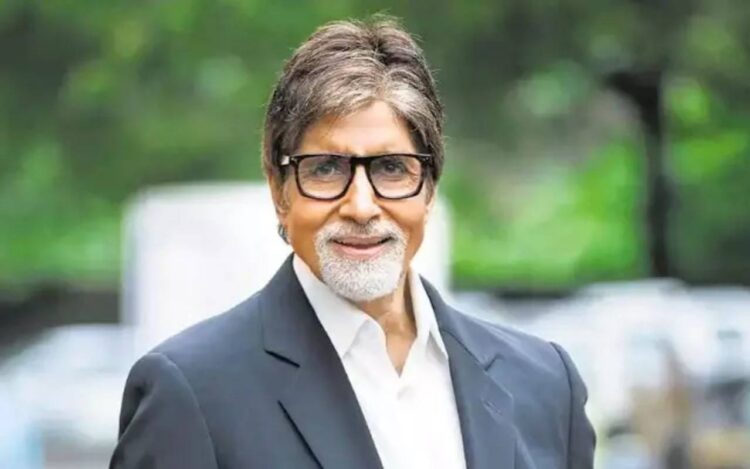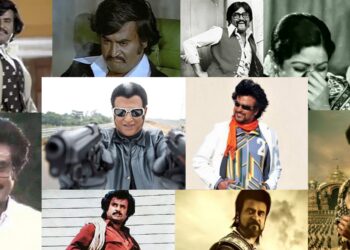Born on October 11, 1942, in Allahabad to a poet father and a social activist mother, Amitabh Bachchan would grow become a goliath in the world of cinema. The legendary actor, who turns 81 this year, has contributed immensely not only to Bollywood but also to the art of cinema globally. His depth, versatility, and charm are something that graces every film he has been featured in. Amitabh commands the screen with his presence; every affliction, diction, and expression is a testament to how his spirit is one with the art of film.
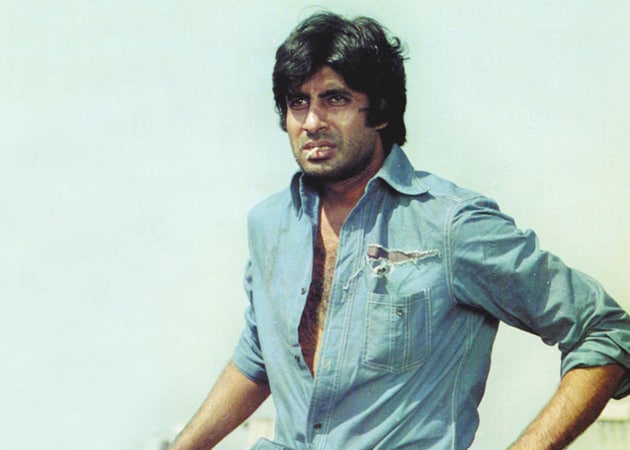
Amitabh started his acting career with the 1969 film Saat Hindustani. His second film, Anand (1971), in which he played the phenomenal role of a nihilistic doctor, garnered him his very first Filmfare Award for Best Supporting Actor.
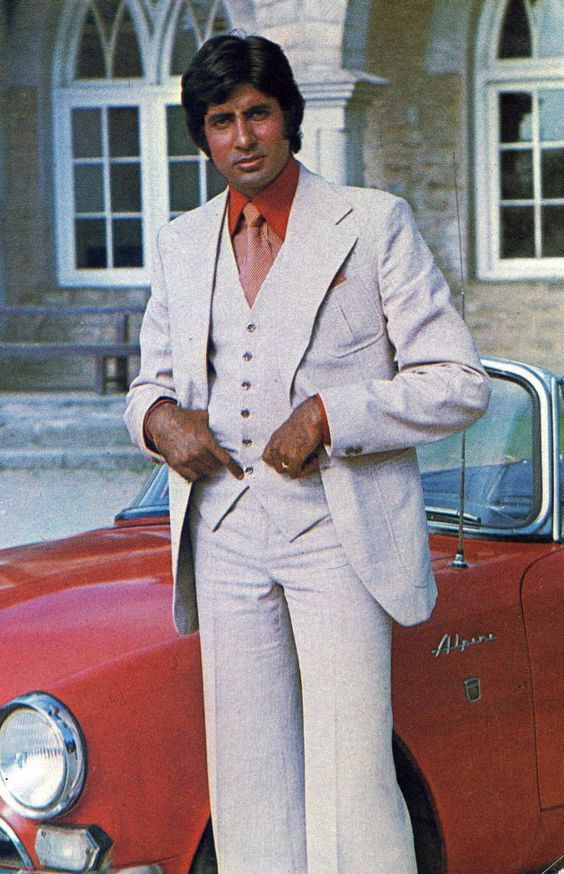
His rise to exceptional fame came about with his work on the films Abhimaan (1973), Chupke Chupke (1975), Sholay (1975), and Silsila (1981), to name a few. The characters he portrayed were raw and versatile, carefully conveying the complexities of human emotions and intellectual depth.
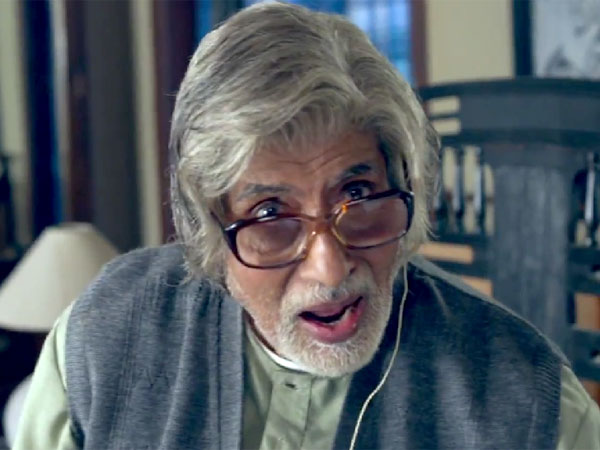
Amitabh has also accomplished something that many actors struggle with when they have passed their prime, which is relevance. The talented actor is a man who has been able to adapt himself to the metamorphosis of time with outmost vision and dedication. He embraces his old age and uses that gift and calibre to bring nuanced characters to life. His work on the film Piku (2015) as a supporting role with Deepika Padukone in the leading role was astoundingly filed with depth. Even as a supporting role, Amitabh has managed to cultivate enough vigor to make his presence just as important and vital to the story as the lead.
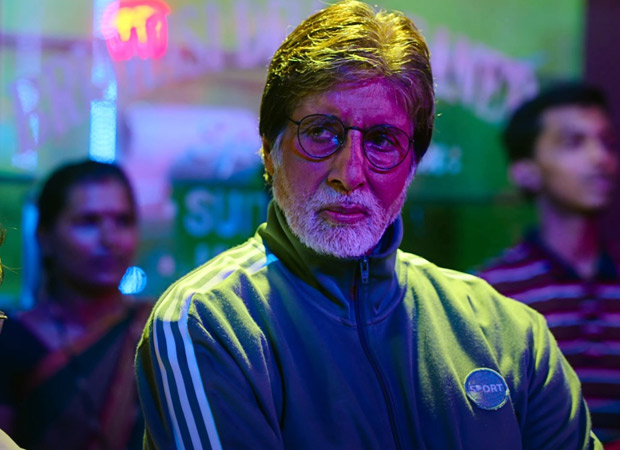
His work on Nagraj Manjule’s Jhund (2022) had also received praise for the film’s anti-caste subject and Amitabh’s own involvement and contribution to the film as an actor. It is rare that a famed actor such as Amitabh would make the decision to act in a film that is very obviously political and blatant in its principles on social issues, but Amitabh embraced it; his star power aided in bringing in more audiences to be influenced by the anti-caste politics that Nagraj is known for in his films. This was also said to be the first ever Hindi film to feature a large and prominent portrait of the anti-caste leader B. R. Ambedkar. Both the film and Amitabh are testaments to how far Bollywood has progressed these past years and that true and everlasting art and artists are the ones that are creatively brave enough to be dialectical in their expressions.
Follow us on Instagram, Facebook or Telegram for more updates and breaking news.


